Tag: Association of British Orchestras
-
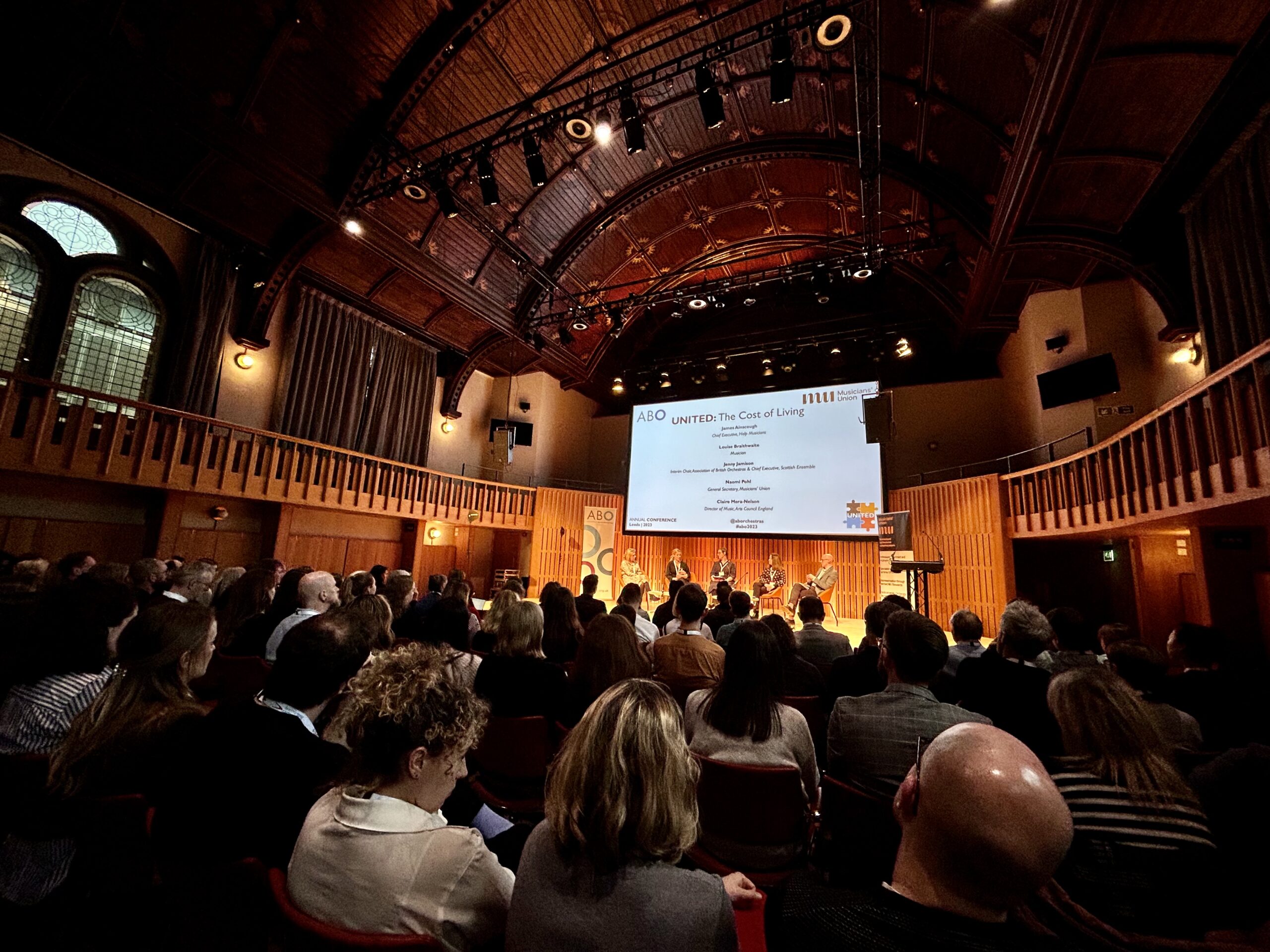
20 things from ABO 2023
A few snippets from various events at the Association of British Orchestras conference that really stuck in my mind.
-
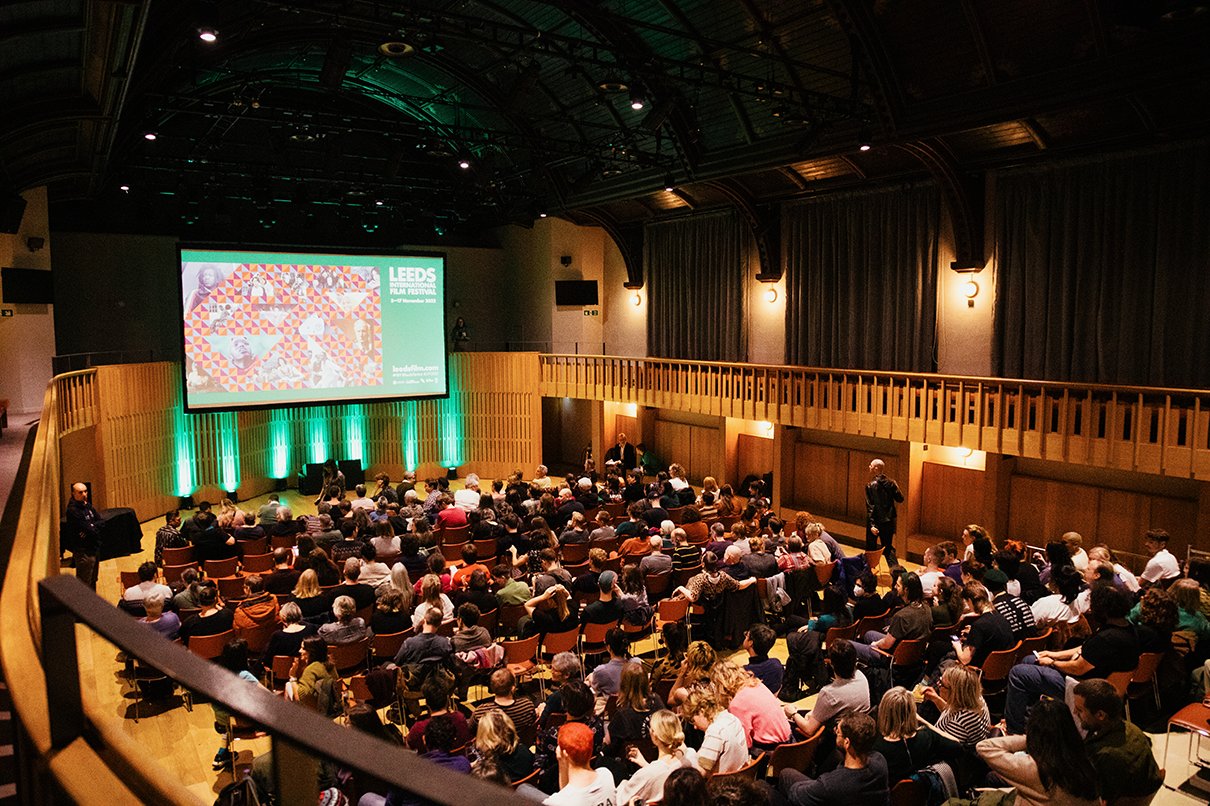
Thoroughly Good at ABO2023
A pre-brief for those who, like me, find networking phenomenally challenging.
-
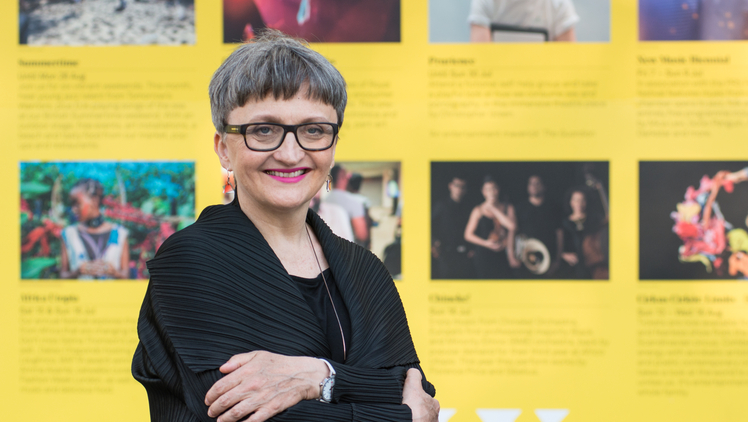
Speaking to Gillian Moore ahead of ABO22
What a good conference and inspiring leader does, Gillian Moore brings you back to first principles.
-
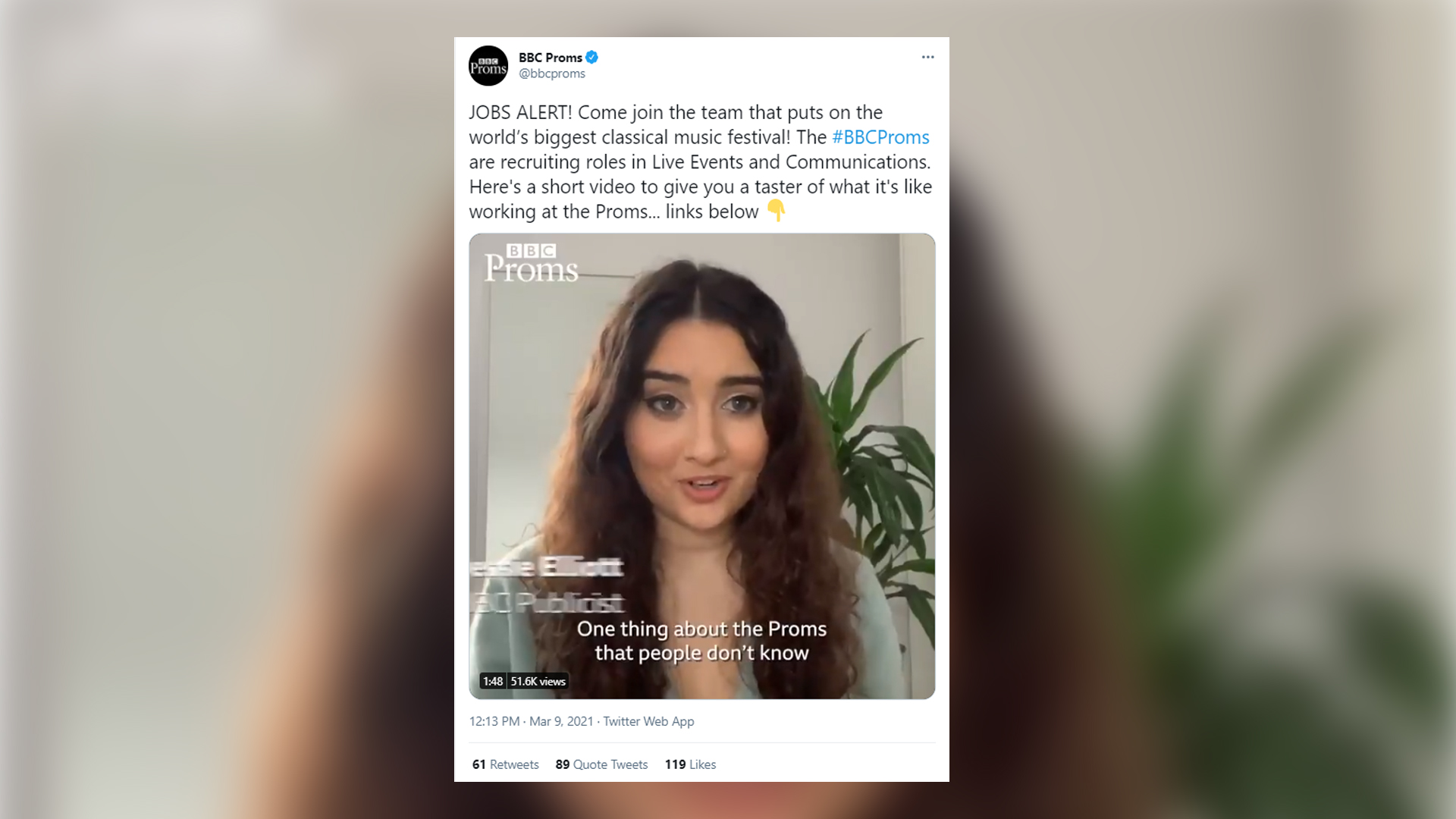
#ABO21 BBC Radio 3’s Alan Davey responds to dismay about BBC Proms recruitment advert
Davey: “The advert is not saying classical music is dull, embarrassing or only for old people.”
-
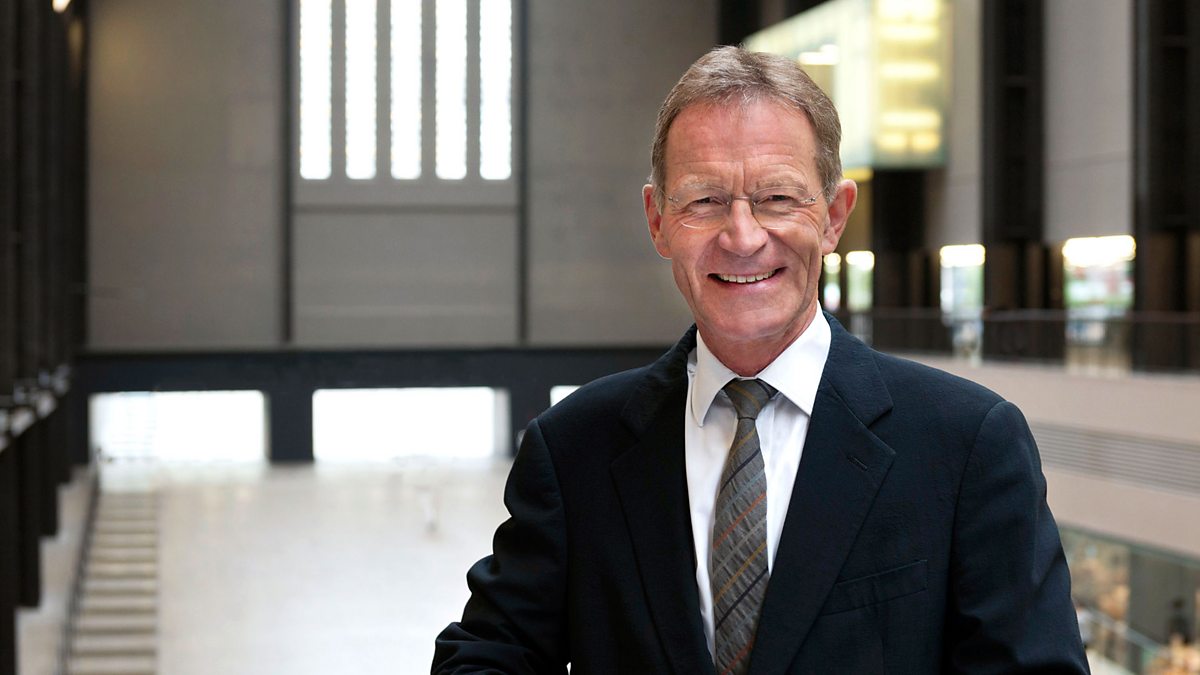
#ABO21 Arts Council England Nicholas Serota speaks on diversity research
Serota: “research clearly illustrates that black or black British musicians are underrepresented at every stage of the training pipeline and workforce.”
-
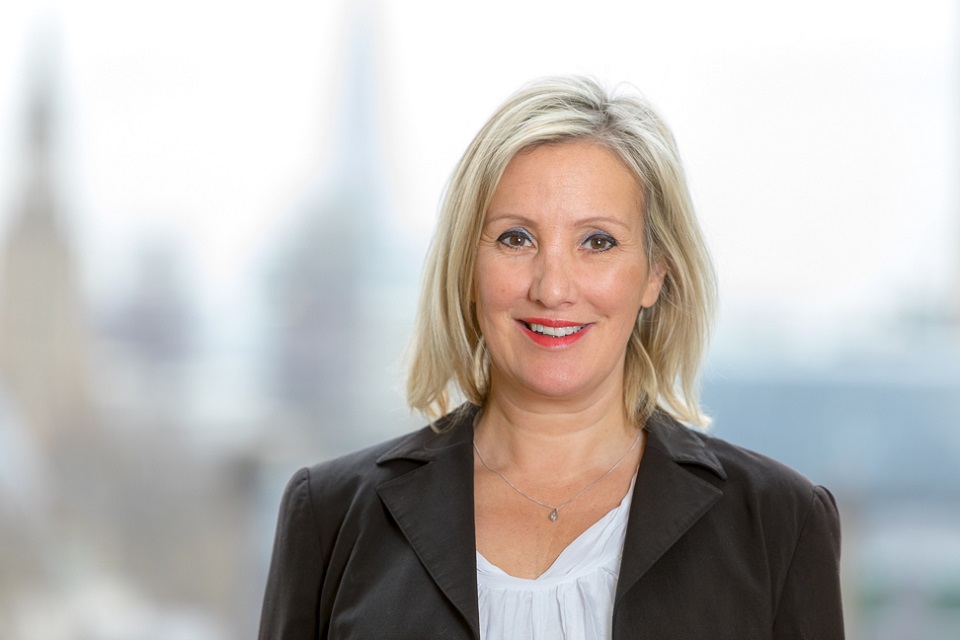
#ABO21 Caroline Dinenage MP shares some surprising Culture Recovery Fund figures
Minister of State for Digital and Culture appears to report a funding increase for some British orchestras by a factor of ten.